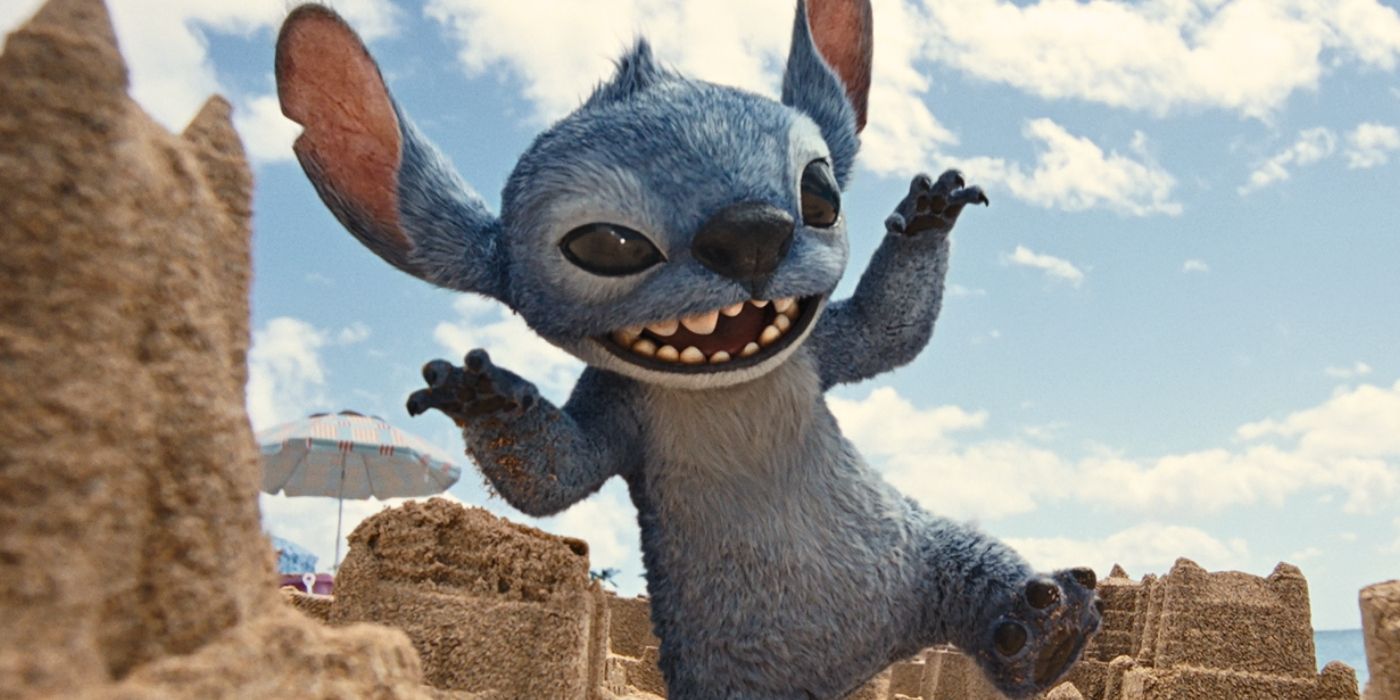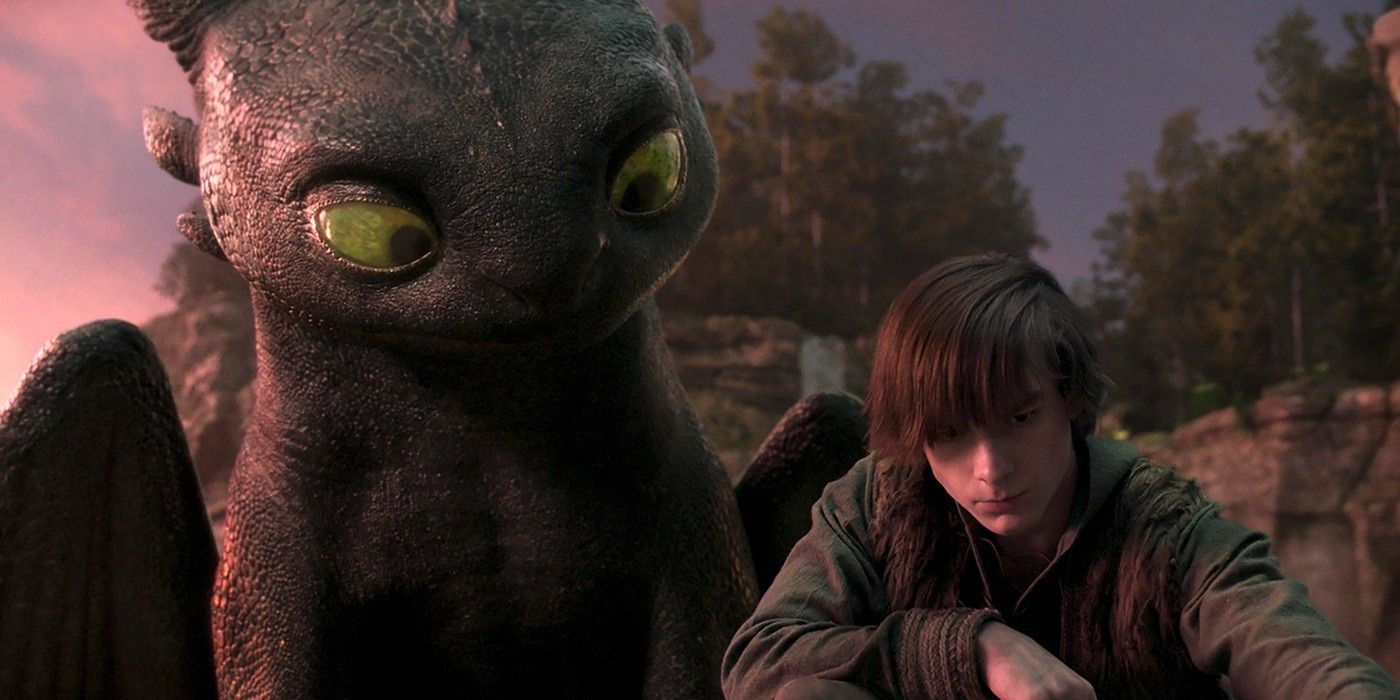
As a film enthusiast, I’ve been keeping a close eye on the summer movie lineup, particularly those with confirmed release dates in China. The ongoing trade tussle between the U.S. and China, initiated by President Trump, has cast a shadow over the number of American blockbusters that might make it to the Chinese silver screen. However, ever since China expanded the number of American films allowed, these movies have played a pivotal role in the success of major Hollywood franchises, contributing significantly to the late 2010s’ $1 billion-grossing hits.
Given China’s status as the second-largest movie-watching nation globally, there has been an undercurrent of apprehension regarding potential governmental restrictions on the number of films screened, which could potentially dent the box office revenue of this year’s biggest cinematic offerings.
According to Variety, Disney has scheduled Chinese release dates for family movies such as “Lilo & Stitch” and Pixar’s “Elio,” with “Thunderbolts” already playing in China. Universal Pictures managed to secure a Chinese release date for “How to Train Your Dragon“; they are set to announce it shortly. Paramount Pictures has submitted “Mission: Impossible – The Final Reckoning,” while Warner Bros. has submitted “F1,” but there’s no update on their status yet.
A number of high-profile summer films, such as Warner Bros.’ Superman, Universal’s Jurassic World: Rebirth, and Disney’s The Fantastic Four: First Steps, have yet to announce Chinese release dates. At this point, it remains unclear how this might affect the upcoming holiday season releases, with Avatar: Fire and Ash being a notable example, as its predecessors in the franchise were successful in China.
The Impact of China’s Box Office and Potential Ban

The Chinese box office has played a crucial role in the success of numerous films, such as the Fast & Furious series and MonsterVerse, and even the Marvel Cinematic Universe, which saw several of its Phase 3 films surpass $1 billion thanks to this market. Conversely, some movies following the MCU were deemed box office flops because they didn’t earn $1 billion, due in part to China banning many early Phase 4 titles like Shang-Chi and the Legend of the Ten Rings and Eternals. Despite China’s ban and the ongoing influence of the COVID-19 pandemic on cinemas, these films still garnered impressive returns that would have been considered exceptional under normal circumstances.
Although it may not seem important to most movie-watchers, how many American films are released in China is significant within a broader international dialogue. For instance, the Chinese animated film Ne Zha 2, which has raked in an impressive $2 billion worldwide and made barely any money from North America, demonstrates China’s ability to thrive independently in the film industry. On the other hand, movies like Mission: Impossible – The Final Reckoning, with a hefty budget of $400 million, need to perform well in multiple markets to be considered successful due to their high costs.
After years of what appeared to be a mutually beneficial partnership between the U.S. and Chinese film industries, the actions taken by Donald Trump during the trade war have potentially set relations back significantly.
Read More
- Masters Toronto 2025: Everything You Need to Know
- Forza Horizon 5 Update Available Now, Includes Several PS5-Specific Fixes
- Gold Rate Forecast
- ‘The budget card to beat right now’ — Radeon RX 9060 XT reviews are in, and it looks like a win for AMD
- We Loved Both of These Classic Sci-Fi Films (But They’re Pretty Much the Same Movie)
- Valorant Champions 2025: Paris Set to Host Esports’ Premier Event Across Two Iconic Venues
- Karate Kid: Legends Hits Important Global Box Office Milestone, Showing Promise Despite 59% RT Score
- Eddie Murphy Reveals the Role That Defines His Hollywood Career
- Discover the New Psion Subclasses in D&D’s Latest Unearthed Arcana!
- The Lowdown on Labubu: What to Know About the Viral Toy
2025-04-30 22:33